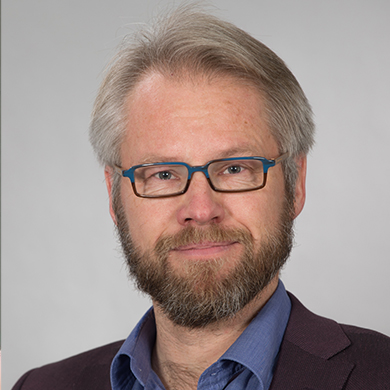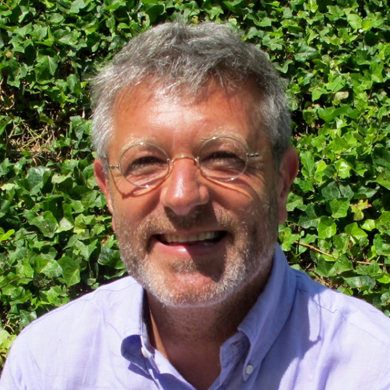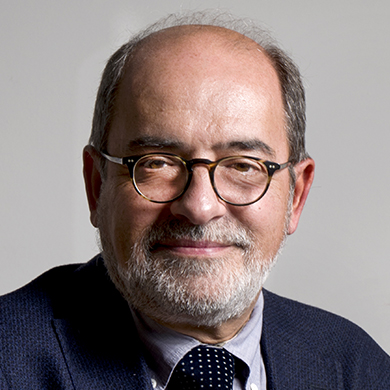The Language of Neurons15th & 16th September 2023, Barcelona

Martin FischerSpeaker
Professor at the University of Potsdam, Germany.
After earning his undergraduate degree in Psychology from RWTH Aachen University (Germany), Professor Fischer worked in Massachusetts (USA) from 1991-1996. For his doctoral dissertation, he researched eye and body movements and their effects on spatial attention. After 3 years as a post-doc at Ludwig Maximilians University in Munich (Germany), Professor Fischer went to work for the University of Dundee (Scotland). There, he devoted 12 years to several different interdisciplinary subjects, including poetry reception, humanoid robots and numerical cognition, before becoming a Full Professor of Cognitive Sciences at the University of Potsdam, in 2011. His current research focuses on embodied cognition.
Abstract
On the embodied nature of knowledge: From numbers to neurons
Everyday activities shape our brains’ connectivity. We extract meaning from and assign meaning to both objects and symbols. A particularly interesting example are number symbols that refer to arbitrary sets of objects. These non-symbolic small and large quantities activate the two brain hemispheres differently, eventually leading to systematic spatial associations for number symbols. I will selectively review the evidence for this association and its relevance for mental arithmetic.
The proposed mechanism for spatial associations as inherent part of symbol meaning informs our view on the grounding, embodiment and situatedness of cognition.
References
Felisatti, A., Laubrock, J., Shaki, S., & Fischer, M. H. (2020). A biological foundation for spatial–numerical associations: The brain’s asymmetric frequency tuning. Annals of the New York Academy of Sciences, 1477, 44-53. doi: 10.1111/nyas.14418
Fischer, M. H., & Shaki, S. (2018). Number concepts: abstract and embodied. Philosophical Transactions of the Royal Society B 373: 20170125. http://dx.doi.org/10.1098/rstb.2017.0125
Friday15September
12:00 - 12:45
Neural representation
On the embodied nature of knowledge: From numbers to neurons
Saturday16September
9:30 - 11:00
The Language of Neurons
Short presentations by the guest speakers





